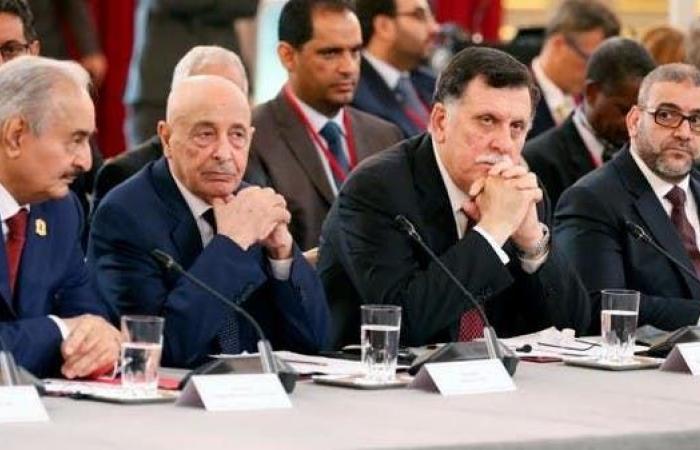Jafar Qannadbashi, former Iranian ambassador to Libya, told the Online Strategic Council on Foreign Relations that the tension and crisis created in 2011 are continuing under circumstances in which General Haftar has been unable to take the control of Tripoli.
“General Haftar set up an army last year; however, he has been unable to take control over Tripoli. So conflict has stopped since two months ago and under present circumstances, no ceasefire has been declared. Notwithstanding, the two sides have reached al-Jufra Airbase which is a very important area in the vicinity of Libya’s main oil resources and petrolatum export terminals,” he said, adding that the airbase is now in Haftar’s control.
Qannadbashi said international parties are very sensitive towards this area and tried to stop the conflict as the Government of National Accord forces were advancing towards al-Jufra Airbase and could take its control.
“They are trying regional and international tools to stop the war. Therefore, conflicts during the past several months have reduced extensively.”
Referring to efforts to start negotiations between the two parties to the conflict in Libya, he said extensive political movements in the past several months have been taken by Western and regional governments as well as some Arab countries of the Persian Gulf to advance their goals and hold various meetings to help broker a ceasefire and establish peace.
“The Turkish intervention and its support for Muslim Brotherhood in Libya complicated the situation for General Haftar who is leading an army of predominantly Egyptians. He is being funded by the UAE and Saudi Arabia under the leadership of Russia, France and other Western governments while Turkey, Italy and Qatar are supporting the National Accord government. The US has not yet sided but they occasionally twist to both sides,” he said, pointing to the extensive logistical and military support provided by the Egyptian Army to Haftar.
Competition for oil, selling arms and tourism
The former Iranian ambassador to Libya said the Libya conflict is ideological but people want peace and a powerful government in place.
Qannadbashi said Libya is in very sensitive conditions as large oil companies are trying to control its oil resources and foreign actors compete for selling more arms to the parties to the conflict, adding “that oil companies and arms producers benefit from the continuation of conflict in Libya.”
“On the other hand, Libya beaches and hotels could produce remarkable income for investors in the tourism sector. Europeans are keen on such investment. Additionally, the discovery of huge gas reserves in the Mediterranean has created intense rivalry among littoral states including Libya.”
Sarraj resignation, an election tactic
He said Fayez al-Sarraj resignation aims at managing and guiding the National Accord forces to prepare for the next elections, adding that “he has expressed his discontent with the rift among his supporters and follower but at the same time he enjoys international support.”
Asked about the situation on the Haftar’s front, he said General Haftar’s forces are incapable of even maintaining control over the eastern region let alone proceeding to Tripoli.
“Turkey has been convinced to stop supporting the Sarraj forces or face harsher international protests. Otherwise, more serious conflicts may occur among big powers in Libya.”
Qannadbashi said “under present circumstances, the two sides have ceased conflict and are calling for political negotiations to end the current deadlock,” adding that they are highly likely to being lengthy and difficult talks.
“What is necessary for Libya is to immediately hold elections and form the government and parliament. In the short term, there is no positive landscape for sustainable peace and unification of Libya. In the long run, the countries supporting the two parties to the conflict shall try to make sure that the next government is in their line. Therefore, tension will continue in the future. However, they cannot resist for a long time the call by the Libyan people for the formation of a government,” he said, adding that a strong government cannot be formed in Libya for the next two or three years.
Qannadbashi said the call for ceasefire by Europeans aims at stopping al-Sarraj forces under the present conditions, adding that “if Haftar succeeds in advancing its forces towards Tripoli, then Europeans will stop calling for negotiations.”
“Under conditions which the two parties have reached a deadlock in the military front, they are keen on continuing the show of force in the political front. Therefore, we will witness more efforts to being negotiations in the coming weeks.”










0 Comments